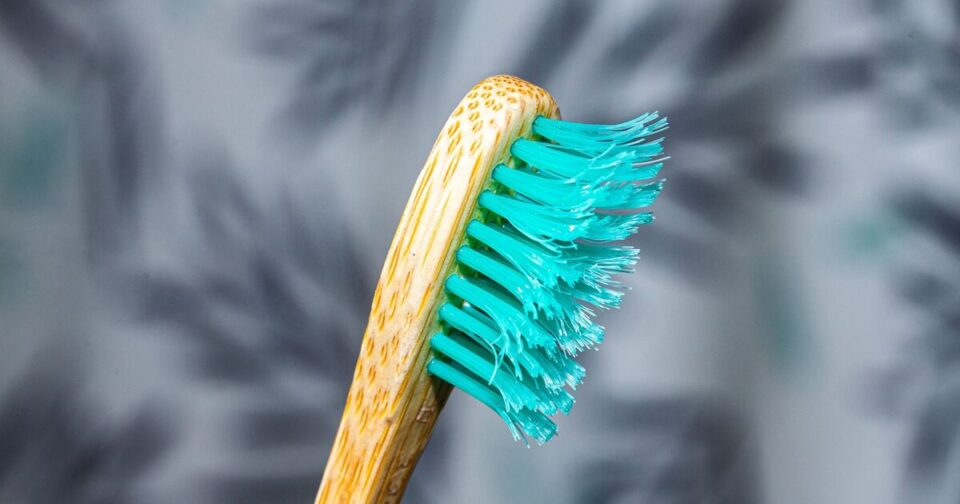In a revelation that’s been dubbed ‘absolutely wild’, it turns out our toothbrushes and showerheads are teeming with viruses ‘unlike anything we’ve seen before’.
A groundbreaking study by Northwestern University in Illinois has uncovered the presence of bacteriophages in these common household items. After swabbing 92 showerheads and 36 toothbrushes, researchers stumbled upon these astonishing findings.
Given that viruses and bacteria thrive in moist environments, the discovery of these microorganisms on showerheads and toothbrushes didn’t exactly shock the scientific community.
“The number of viruses that we found is absolutely wild,” said Northwestern’s Erica M. Hartmann, who led the study, which was published in the journal Frontiers in Microbiomes. “We found many viruses that we know very little about and many others that we have never seen before. It’s amazing how much untapped biodiversity is all around us. And you don’t even have to go far to find it; it’s right under our noses.”
“This project started as a curiosity,” Hartmann said. “We wanted to know what microbes are living in our homes. If you think about indoor environments, surfaces like tables and walls are really difficult for microbes to live on. Microbes prefer environments with water. And where is there water? Inside our showerheads and on our toothbrushes.”
The study went further to disclose that bacterial levels on showerheads can be up to 100 times higher than those in tap water.
To tackle the grime on your shower head, bathroom gurus at Villeroy and Boch suggest using the “right household remedy”. While some might reach for baking soda or white vinegar to combat limescale, these approaches are labelled as “time-consuming”.
The experts advocate for citric acid instead, which “dissolves stubborn limescale” and delivers “perfect results”. They advise: “Cleaning with baking powder or with vinegar is very gentle on the material, but is somewhat time-consuming.”
“A quicker way is to use citric acid, which can be found in powder form at all chemists. Please always follow the dosage and safety instructions on the packaging.”
Citric acid is hailed as an excellent component of any eco-friendly cleaning kit, its high acidity making it ideal for eliminating nuisances like calcium (limescale), rust, and other mineral deposits.
Citric acid is not only fantastic for eradicating mould and mildew but also serves as a preservative. However, households are being alerted to its corrosive nature, with recommendations to don protective gloves or promptly wash hands post-use to steer clear of skin irritation.
For optimal results, one should detach the shower head and immerse it in a bowl of water.
Health expert Dr Ellie Phillips has enlightened her TikTok following of 201,000 about the hidden nastiness lurking in our toothbrushes. The Austin, Texas-based dental professional advises drying toothbrushes immediately after use and waiting a full day before their next deployment.
During a revealing segment, Ellie offered her insight: “Here’s what I want you to do with your toothbrush every day to help you have the best oral health possible,” she instructed in the opening of her video.
She continued, emphasising the unclean state of toothbrushes situated near toilets or within humid bathrooms, noting that “Toothbrushes get really dirty, especially when they’re close to a toilet, in a damp climate where there is humidity, in your shower, in your bathroom, and humidity is the worst thing for growing moulds.”
